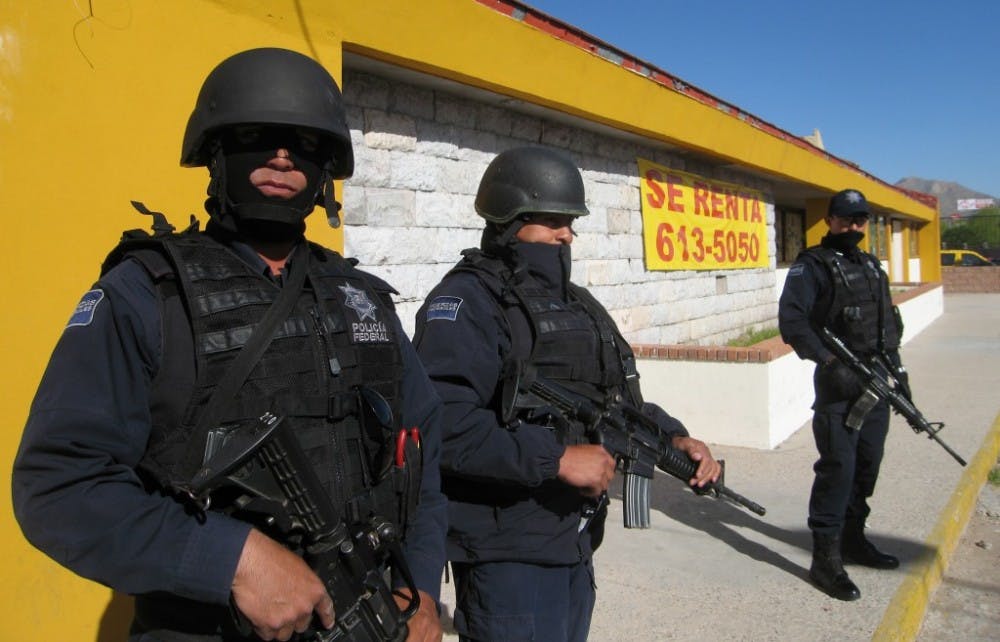The world’s first international effort to make drugs illegal began more than 100 years ago. Great Britain had recently fought with China to secure opium trading. Many other attempts with inherent consequences followed. The idea of a drug free world has become a staple of irresponsible political dogma.
In Latin America, the consequences of this mission are very real throughout El Salvador, Guatemala, Honduras, Colombia, Mexico and even Costa Rica, where drug violence is much less common. In this region, the push for legalization seems stronger than ever.
Drug war headlines associated with Latin America are not hard to find in the United States, and the laws have hardly reduced crime and proliferation. Recent U.N. valuations show drug profits near $320 billion per year. Laws also make the drug market much riskier for buyers.
Aside from problems at home, the developing world is facing greater consequences.
Mexico, one of Latin America’s most stable democracies, is steeped in gang violence, which has led to declining foreign investment. According to Strategic Forecasting, Inc., estimated deaths related to recent drug wars amounted to 2,275 in 2007, increasing to substantially more than 11,000 in 2010.
In Latin American nations, drug prohibition is making United States efforts insubstantial. Drug prices are mostly set according to how dangerous it is to distribute rather than to produce the product, thereby making cartels all the richer with increasing American involvement in prohibiting illegal drugs.
It is dangerous to distribute them to the United States, so those who do so successfully earn a large amount of money in a short amount of time, according to American authorities.
Guatemalan president Otto Perez Molina recently suggested Feb. 10 legalizing drugs during his speech at the Seminar on Security and Migration in Central America and Mexico.
After decades of judicial and military confrontations with cartels, “criminal networks have been strengthened and governments have lost territorial authority,” he said.
The main route to the American market is paved through Costa Rica. Pressure is rising to launch Central America into a war against drugs.
Antonio Moreda, a salesman at Colgate in San Jose, said he finds fault with this policy.
“Drug laws have led to more violence, money laundering, arms trafficking, corruption with judges, policemen and government institutions,” Moreda said.
The goal to end violence and corruption has been defeated by anti-drug efforts. The difficult question of how to change this system is being debated seriously in Costa Rica.
Officials argue the criteria for drug policy should change. Along with government price setting of drugs, authorities are focusing on public health.
The Institute on Alcoholism and Drug Dependence is promoting interagency coordination with the Social Security Fund to provide programs that treat citizens affected by drug use in Costa Rica.
As a small country, Costa Rica has few options to change its policy on its own or that of large countries with regard to drugs.
The government is seeking to gain the support of other democratic countries in Latin America on a crusade to change the repressive global policies on drugs.
Costa Rican officials have said they want to send the United States authorities a message: Instead of criminalizing those involved in the drug business, governments must attack the problem through intensively regulated partial legalization and effective health services for risks associated with drug use.


